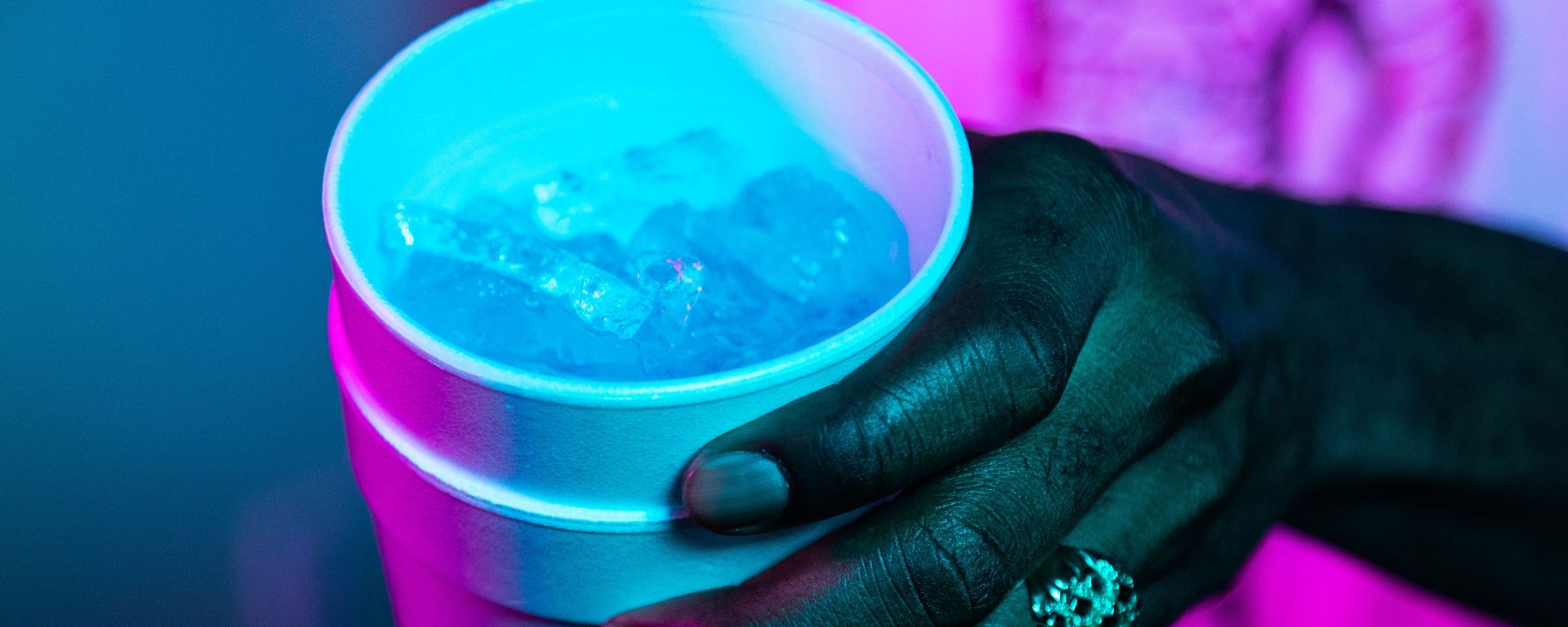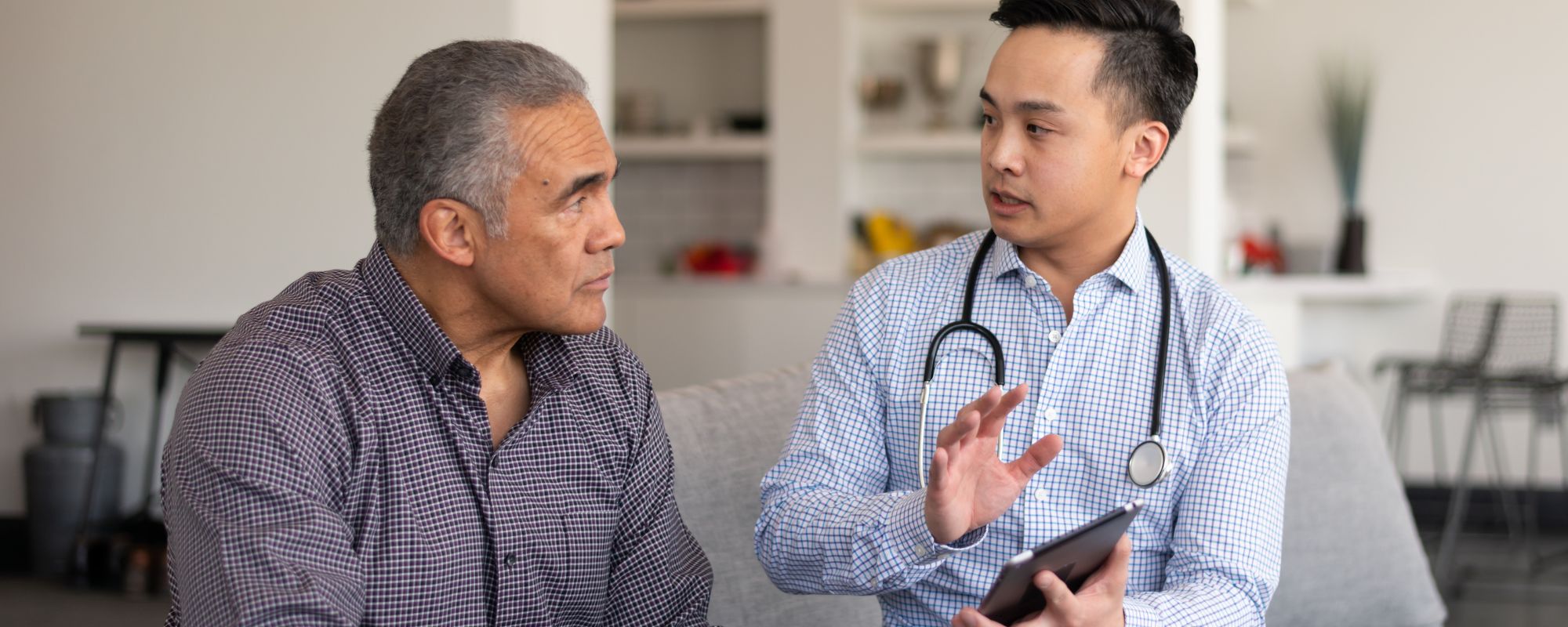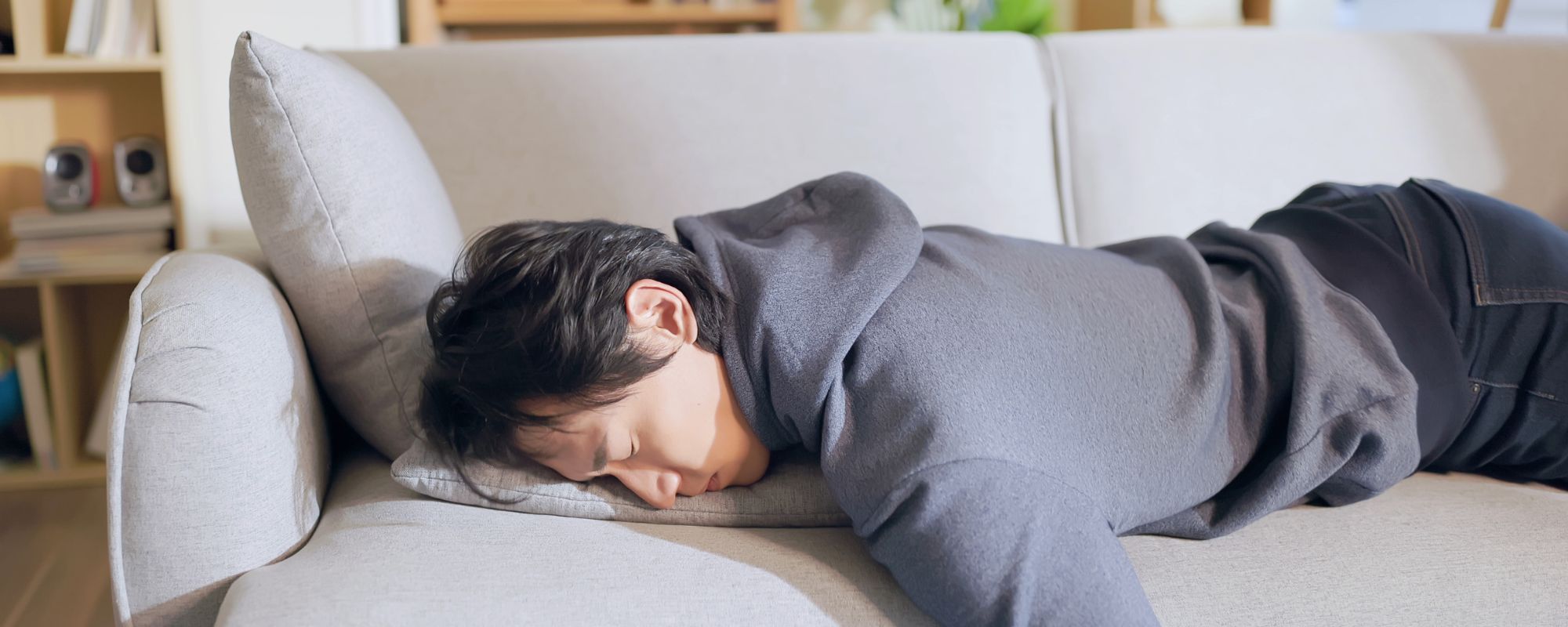We all know that addiction comes with many consequences; sometimes those consequences are legal. With addicts being arrested for drug possession and other charges each day, Massachusetts was looking for another way to handle the tragedy of addiction— hence, the creation of the “Angel Initiative”.
Massachusetts is one of the states that got hit the hardest in the opioid crisis, ranking in the top ten states with the highest rate of opioid overdose and opioid-related deaths. In Gloucester, Massachusetts, police have been taking a different approach to handling addiction. Instead of arresting and locking up addicts, particularly heroin addicts, police are deciding to help get them into addiction treatment. In the first year of Gloucester’s “Angel Initiative,” 376 people approached police, asking for help with their drug problem— nearly 95% of those cases were met with authorities successfully placing them directly into rehab.
What is the Angel Initiative?
The Angel Initiative is a program in Gloucester, Massachusetts where drug addicts are sent to addiction treatment centers instead of being arrested. More simply put, it is a police-led addiction treatment referral program. Under this program, “…when drug users make contact with police and say they need treatment, the cops transport them to a local hospital and wait for an “angel” from the department’s volunteer list to arrive and offer support. The user is then handed over to addiction specialists, typically in treatment centers that have agreed to partner with the police” (Hamilton).
This initiative not only keeps addicts out of criminal institutions like jail, but it also meets the problem of addiction with a life-changing solution. The Angel Initiative works to put addicts into treatment programs that will help them overcome addiction, which is the type of solution that makes a lasting impact.
Who Received Treatment from the Angel Initiative?
“Of the persons who sought treatment through the program, 11.8% resided in Gloucester, 24.8% lived in the surrounding county, 16.8% were homeless, 5.6% were from states other than Massachusetts, and the remainder came from elsewhere in Massachusetts” (Schiff). Police in Gloucester were dedicated to lessening the impact that the opioid crisis had (and still has) on their local community, often spending 24 hours a day searching for placement for addicts who needed addiction treatment. Law enforcement knew that drug rehab was the only possibility of rehabilitation for these addicts, as rehabilitation programs in jails and other institutions are lacking in structure and consistency across the United States.
The Right to Addiction Treatment
Laws and regulations are being put in place nation-wide to offer better and more extensive coverage of addiction treatment for all citizens. Part of the recommendations from the President’s Commission on Combating Drug Addiction and the Opioid Crisis, outlines the need for better coverage of addiction treatment for citizens— whether they have private, state, or government healthcare.
In Massachusetts, state-laws guarantee citizens the right to addiction treatment, and insurance companies are required to cover up to seven days in a medical detox center. The percentage of opioid addicts in who receive any type of treatment for their addiction is at 21%; Gloucester’s Angel Initiative has quadrupled that rate of addicts who receive treatment.
A Different Approach
What Gloucester, Massachusetts has done is take a different approach, and it’s had a lasting impact. “Since Gloucester started its initiative, nearly 160 police departments in 28 states have experimented with similar programs. Gloucester received national media attention last year when the city’s former police chief, Leonard Campanello, announced that his officers would not arrest people if they agreed to turn over their drugs and enroll in treatment” (Hamilton). In follow-up calls with the addicts deferred to treatment instead of jail, participants said “’…that the police station was the first place they had ever sought help without being judged or stigmatized’ “ (Hamilton).
Law enforcement’s approach in taking the Angel Initiative has saved countless lives, and spared the legal repercussions of addiction. Our country’s own counties and state-wide law enforcement approaches can learn a lot from what was done, and is continuing to be done, in Gloucester.
Opioid Use Disorder
Opioid use disorder is widespread, a result of heightened opioid prescriptions having been written, a high presence of prescription opioids being sold on the street, synthetic opioids being introduced to the market, etc. The opioid crisis is truly an epidemic that has put our nation through the wringer, having claimed hundreds of thousands of lives already.
Opioid use disorder is easier to spot, if you know what to look for. Below is the criteria for diagnosing an opioid use disorder, as originally outlined in the Diagnostic and Statistical Manual of Mental Disorders (APA).
In the past year…
- opioids are often taken in larger amounts or over a longer period of time than intended.
- there is a persistent desire or unsuccessful efforts to cut down or control opioid
use. - a great deal of time is spent in activities necessary to obtain the opioid, use the
opioid, or recover from its effects. - Craving, or a strong desire to use opioids.
- Recurrent opioid use resulting in failure to fulfill major role obligations at work,
school or home - Continued opioid use despite having persistent or recurrent social or
interpersonal problems caused or exacerbated by the effects of opioids. - Important social, occupational or recreational activities are given up or reduced
because of opioid use. - Recurrent opioid use in situations in which it is physically hazardous.
- Continued use despite knowledge of having a persistent or recurrent physical or
psychological problem that is likely to have been caused or exacerbated by
opioids - Tolerance, as defined by either of the following:
(a) a need for markedly increased amounts of opioids to achieve intoxication or
desired effect
(b) markedly diminished effect with continued use of the same amount of an
opioid - Withdrawal, as manifested by either of the following:
(a) the characteristic opioid withdrawal syndrome
(b) the same (or a closely related) substance are taken to relieve or avoid
withdrawal symptoms
If you identify with two or more of these symptoms, you may have an opioid use disorder and you should reach out for help. These criteria could also apply to chronic pain sufferers who have been prescribed pain relievers for short term or long term use, especially if they are not under appropriate medical supervision.
A Step Towards Healing
We respect the decision of Gloucester, Massachusetts’ law enforcement in creating the Angel Initiative. We have seen the impact of the opioid crisis first-hand in treating many with an opioid use disorder, and we know how great the need for addiction treatment is in the United States. We believe the Angel Initiative in Massachusetts is a huge step in the right direction, meeting addiction with treatment as opposed to jail.
Our hope is that many more states follow in the footsteps of this important program, as treating addiction requires compassion and understanding to first lead addicts into the direction of addiction treatment.
Our Treatment
At Royal Life Centers, we know the impact prescription drugs, painkillers, prescribed opioids, and illicit drugs or alcohol, has had on our communities. We stand in solidarity with any system that grants addicts a chance to re-gain control and manageability to rebuild their lives. Our treatment centers treat alcohol and substance use disorders holistically, for recovery in the mind, body, and spirit. Royal Life Centers has treatment programs that are designed to follow guests through the stages of the recovery process, offering guidance and support along each step of the way.
We offer both inpatient and outpatient treatment options. Royal Life Centers has addiction treatment programs including: medical detox, a residential inpatient program, a partial hospitalization program (PHP), an intensive outpatient program (IOP), an outpatient program (OP), sober living and graduate housing. We also offer alumni services, as well as services and resources for families. Our programs focus on substance abuse and mental health, recovery, and relapse prevention. Our programs use intensive therapies including: individual therapy sessions, group therapy, behavioral therapies, support groups, adventure therapy, activity therapy, and equine therapy. Royal Life Centers uses proven effective methods of addiction treatment, and only the best practices. We have insurance coverage from as many providers as we can, because we believe addiction treatment should be as affordable as possible. The National Institute on Drug Abuse states the importance of attending an inpatient drug rehab facility in successfully overcoming an addiction, which is why we provide addiction treatment programs at an inpatient level of care, in addition to an outpatient level of care.
If you or someone you know is struggling with an addiction, please reach out to our team of addiction specialists at (877)-RECOVERY or (877)-732-6837. Our team makes themselves available to take your call 24 hours a day, 7 days a week. Because We Care.
References:
American Psychiatric Association (2013). Diagnostic and Statistical Manual of Mental Disorders, Fifth Edition,. Washington, DC,
American Psychiatric Association page 541
Schiff, Davida M., et al. “A Police-Led Addiction Treatment Referral Program in Massachusetts.” Scribd, The New England Journal of Medicine, 22 Dec. 2016, www.scribd.com/document/334875060/A-Police-Led-Addiction-Treatment-Referral-Program-in-Massachusetts#from_embed
Hamilton, Keegan. “Massachusetts Cops Stopped Arresting Addicts and Quadrupled Treatment Rates.” VICE News, VICE News, 22 Dec. 2016, news.vice.com/en_us/article/595783/massachusetts-cops-stopped-arresting-addicts-and-quadrupled-treatment-rates









